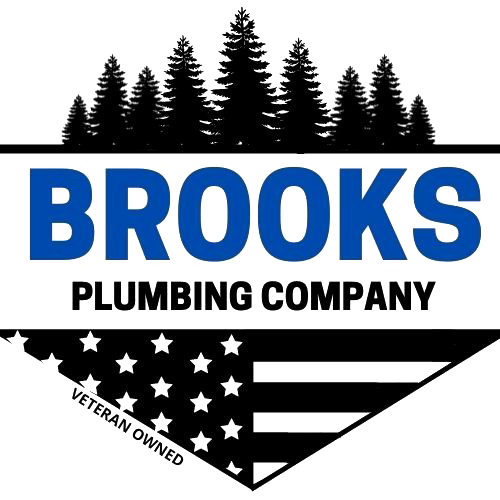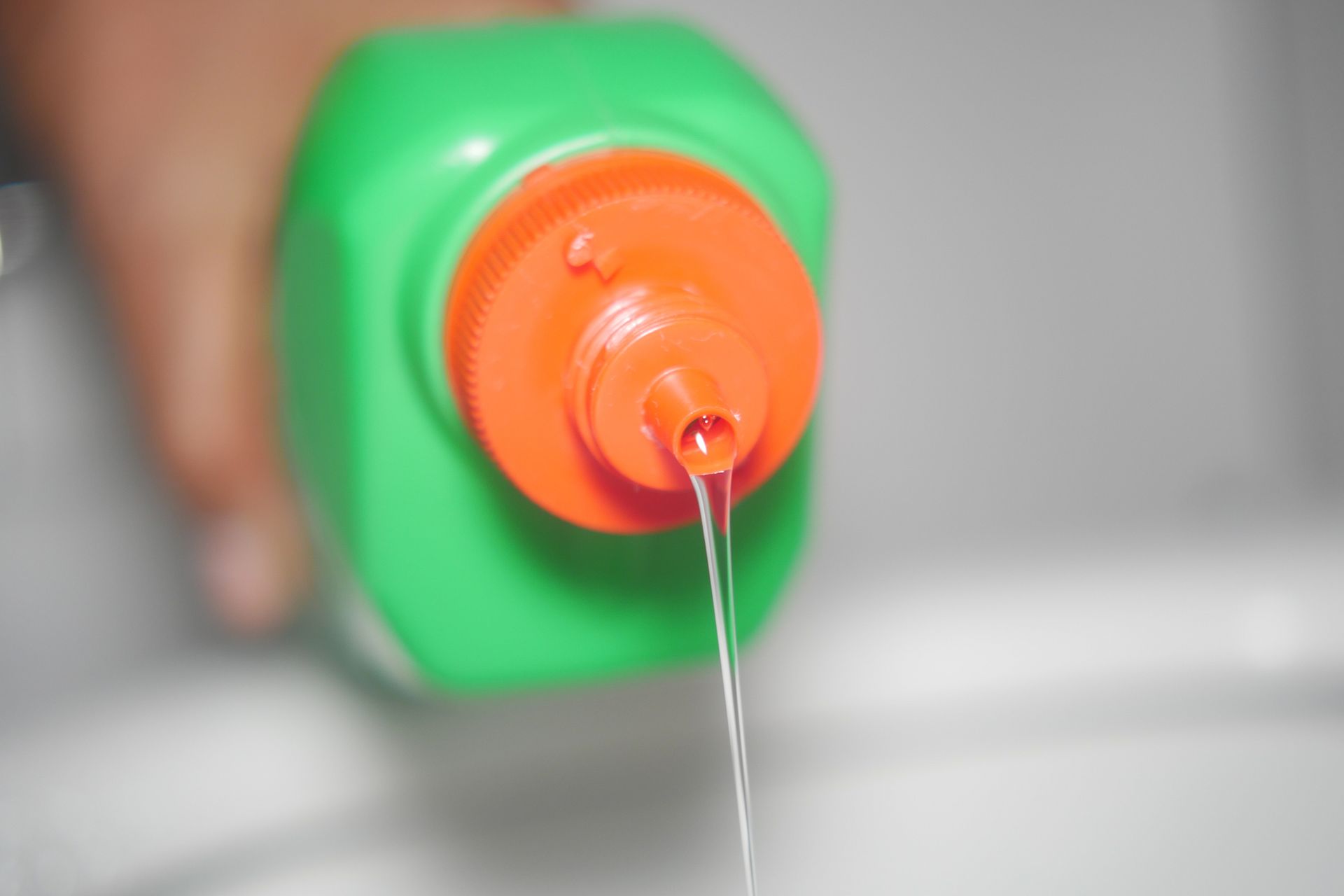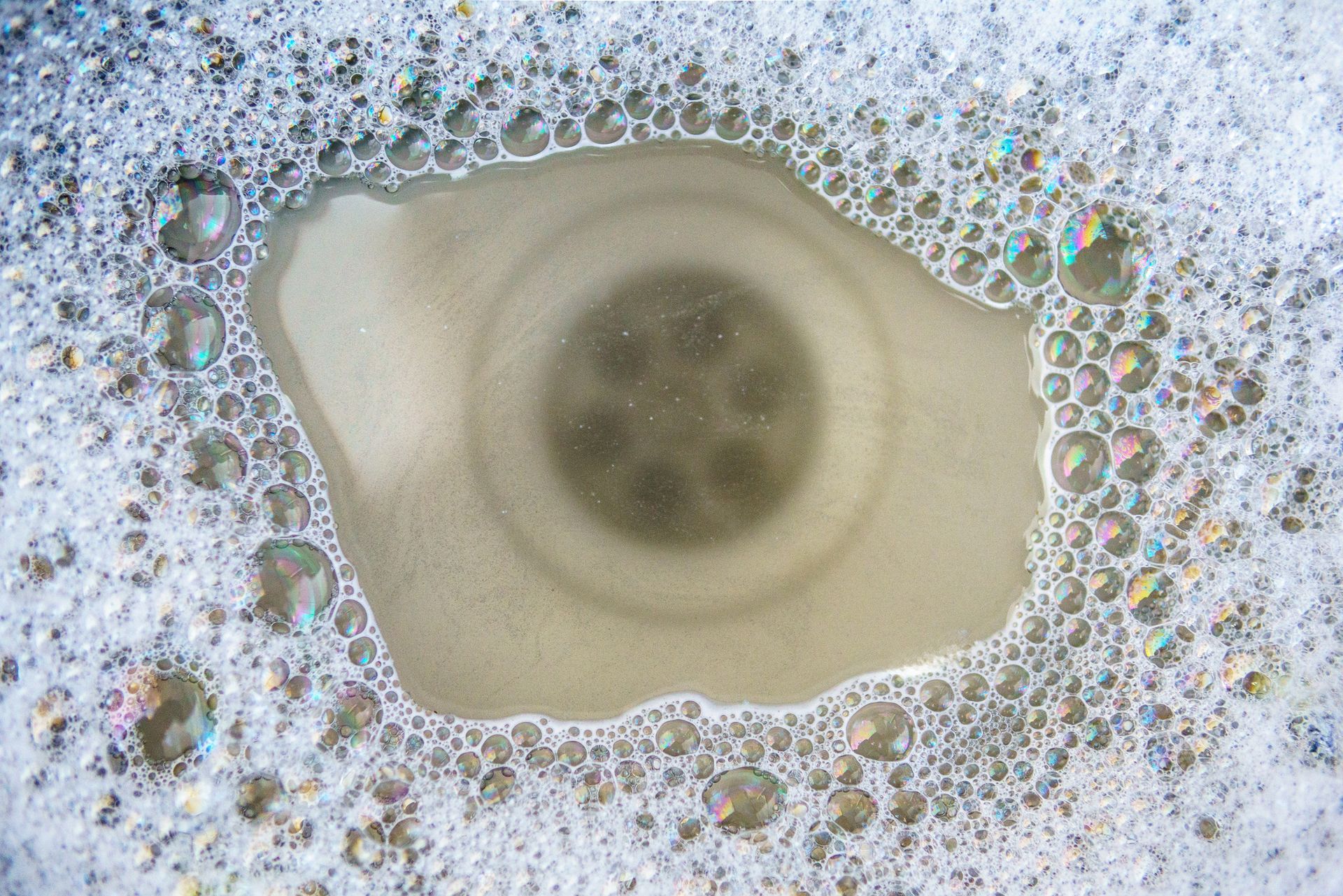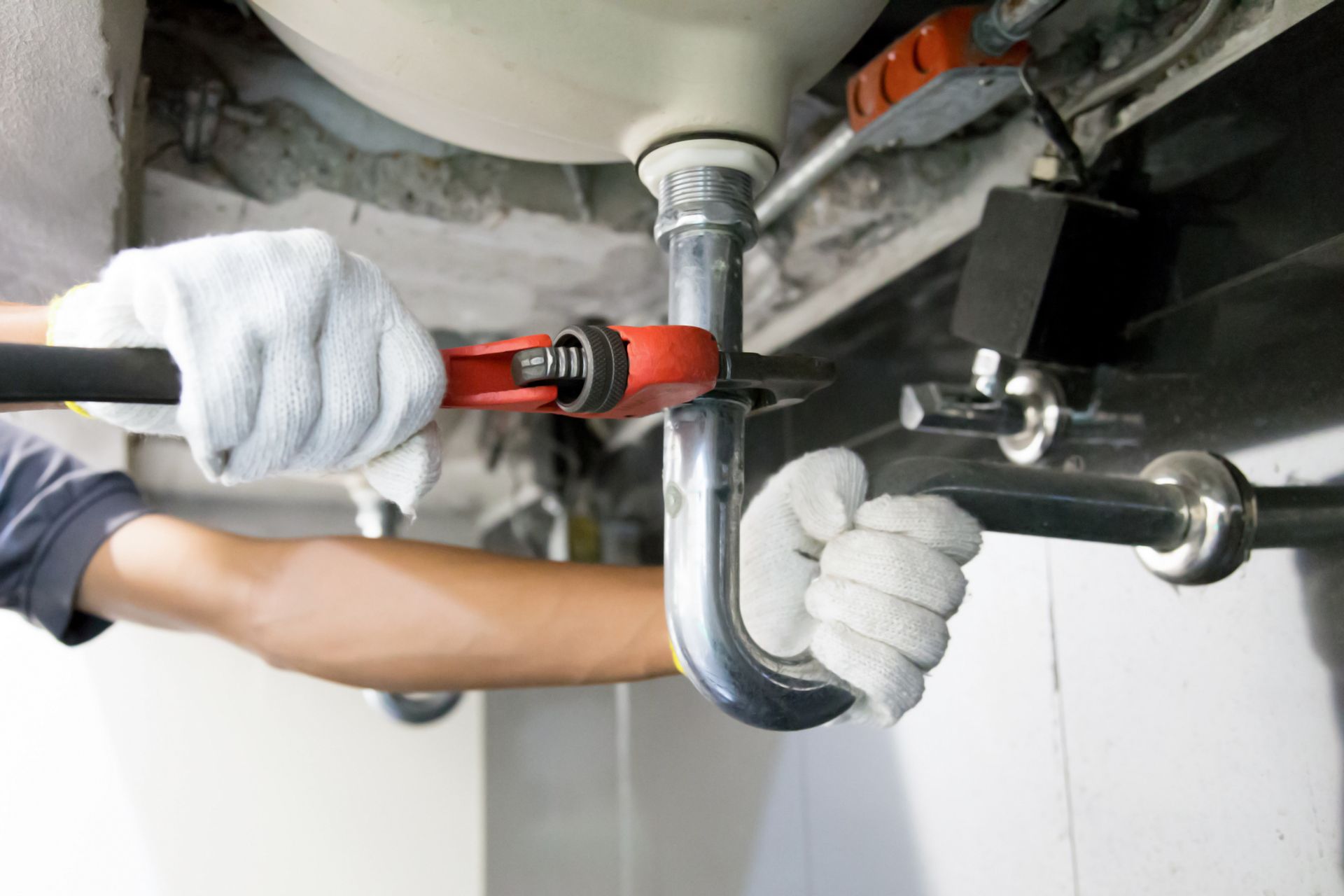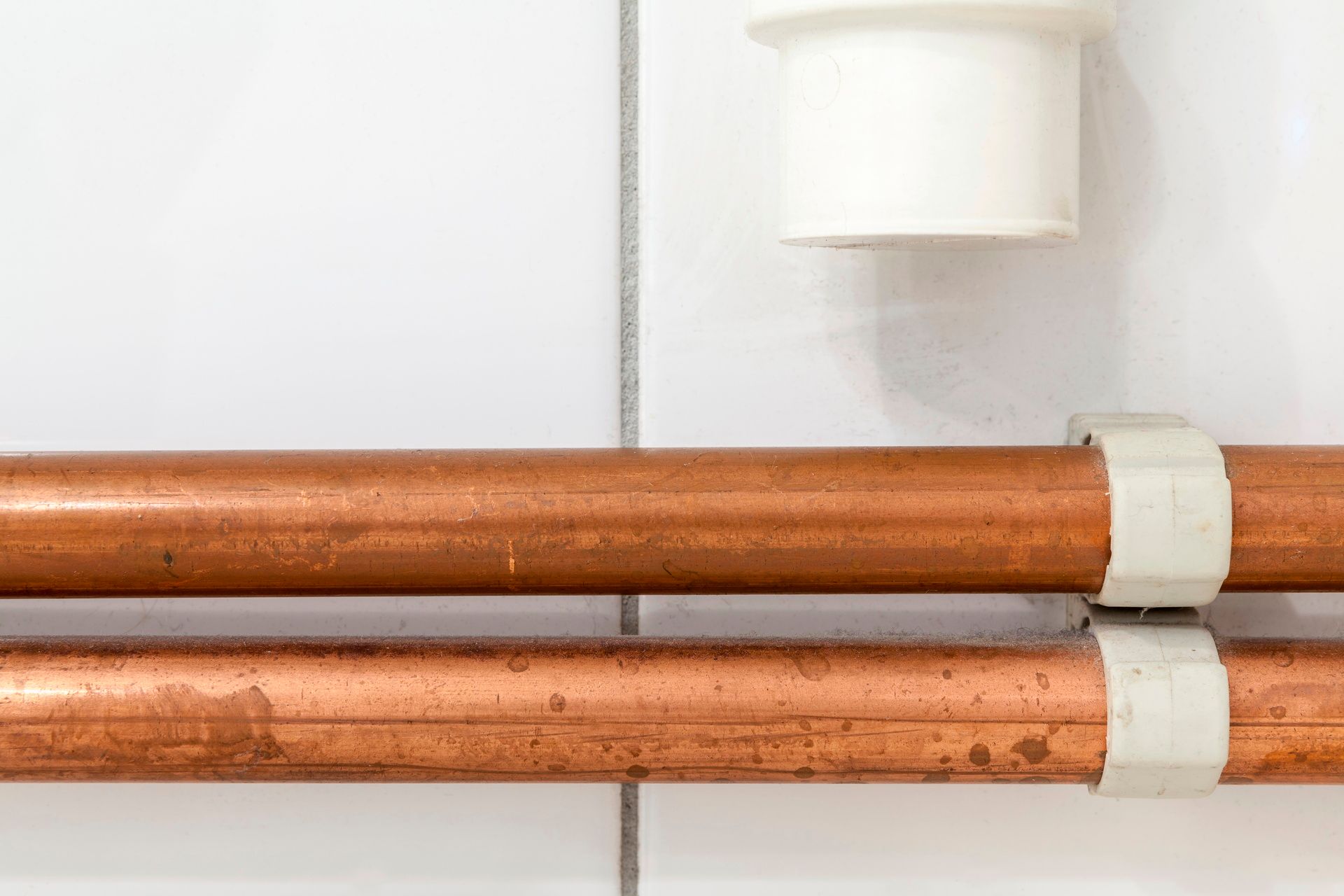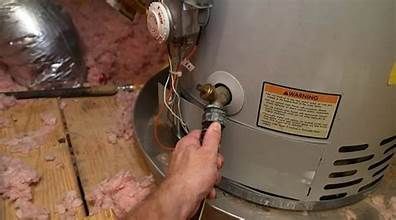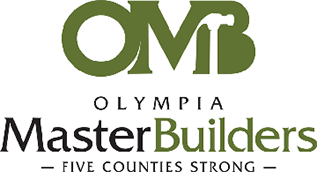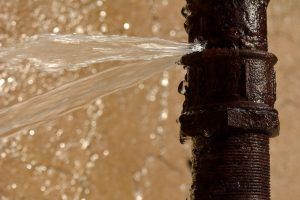 There are a number of incidences that can impact your plumbing system. One such incidence is a leak—but not all are created equal. While some leaks are obvious—a dripping faucet or a loose connection under your kitchen sink—some can be a little more subtle (and yet, lead to hundreds and thousands of dollars in damage).
There are a number of incidences that can impact your plumbing system. One such incidence is a leak—but not all are created equal. While some leaks are obvious—a dripping faucet or a loose connection under your kitchen sink—some can be a little more subtle (and yet, lead to hundreds and thousands of dollars in damage).
We’re talking about things like slab leaks. 24-7 plumbing services are available, but we’d like to help you avoid an emergency to begin with. There are signs you can watch and listen for which indicate you may have a slab leak, pinhole leak behind a wall, or some other form of water loss that could lead to a bigger problem.
What Causes Slab Leaks?
First, let us explain what exactly a slab leak is. It is a leak that occurs beneath the foundation (the slab) of your home. Obviously, it can be hard to detect in such a location—but it’s not impossible. Signs of a slab leak include:
- The sound of running water without explanation while all faucets and plumbing outlets are turned off.
- Hot spots or cold spots on your floor.
- Decreased water pressure with no other reason for water loss.
There is not just one cause for slab leaks. Potential slab leak threats include:
- Pressure from the house and other forces. If there is any sort of large pressure placed on the pipes beneath your home, then you’re at risk of facing a slab leak. Pressure can come from various sources. For instance, while we very rarely experience anything above a 4.0, earthquakes are a threat. If one does hit and it’s close enough to the surface for you to feel, it’s a good idea to have your plumbing inspected in addition to other parts of your home.
- Slab leaks are most common in hot water lines, versus cold water lines. The reason for this is because corrosion is most common inside the pipes that transfer hot water. The reaction between the heat of the water and the material surrounding the pipes can cause the pipe to corrode from the outside. In the case of cold water pipes, the corrosion will usually happen from inside.
- You’ve likely seen exposed pipes before, if not in your own home then on another property. And you might have noticed that sometimes they rattle around a little as water passes through them. That’s because the water is causing the material of the pipes to expand and contract. Unfortunately, even though this process is natural, pipes that rattle around below a concrete foundation will start to abrade as they rub against the rock surface, eventually leading to breaks and subsequent leaks.
Slab Leaks Aren’t the Only Threat
The same signs we mentioned above for slab leaks can also be kept in mind for leaks occurring behind your drywall. The sound of running water when no plumbing fixtures are operating, hot spots (or cold spots) on the wall—keep in mind that hot spots can be the result of an electrical problem rather than a plumbing issue, and should never be ignored!
Keep our team in mind whether you need or suspect you need plumbing inspection and repair.
Contact Brooks Plumbing Co. today!
The post Don’t Let These Leaks Hide From You! first appeared on Brooks Plumbing Co..
